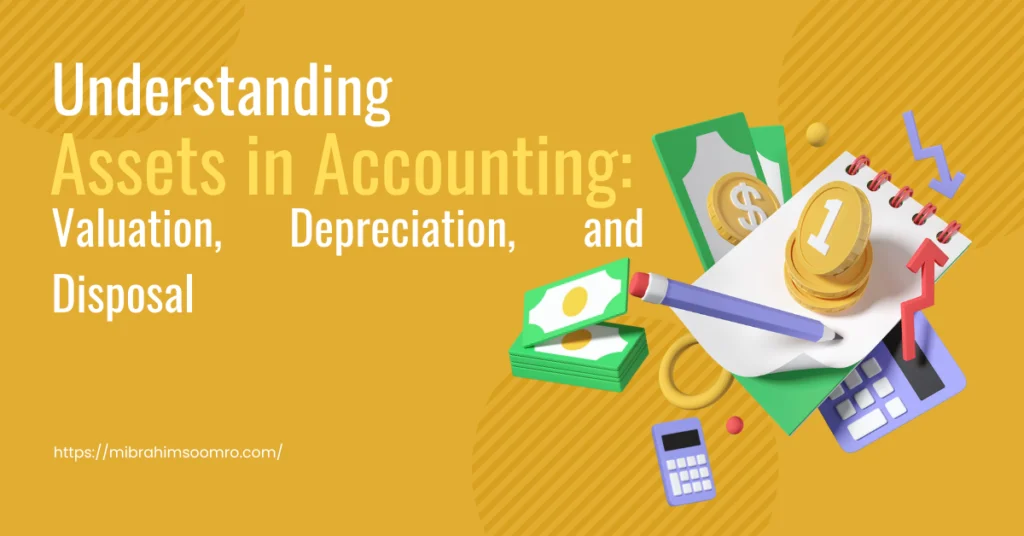Understanding Liabilities in Accounting: Current, Long-Term, and Off-Balance Sheet Obligations
Liabilities play a crucial role in the financial health of a company, representing any debts or obligations owed to outside parties. Understanding the different types of liabilities and their impact on financial statements is essential for effective accounting. Current liabilities, such as accounts payable and wages payable, are due within one year, while long-term liabilities, like pension fund liability and deferred tax liability, are due after one year. Additionally, off-balance sheet liabilities, such as operating leases and contingent liabilities, must also be considered. Accurate recognition and measurement of liabilities is crucial, as it directly impacts a company’s financial statements.




